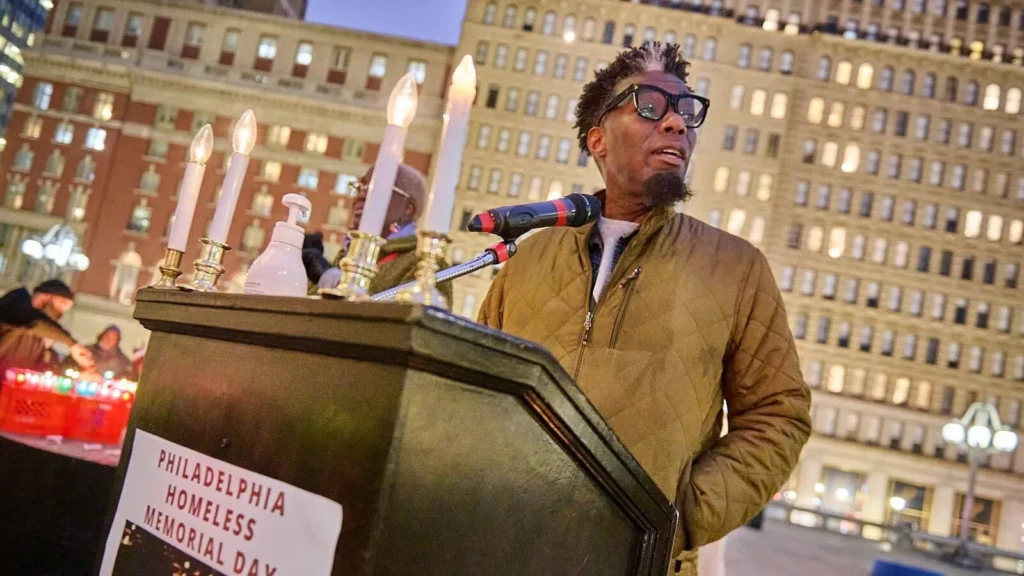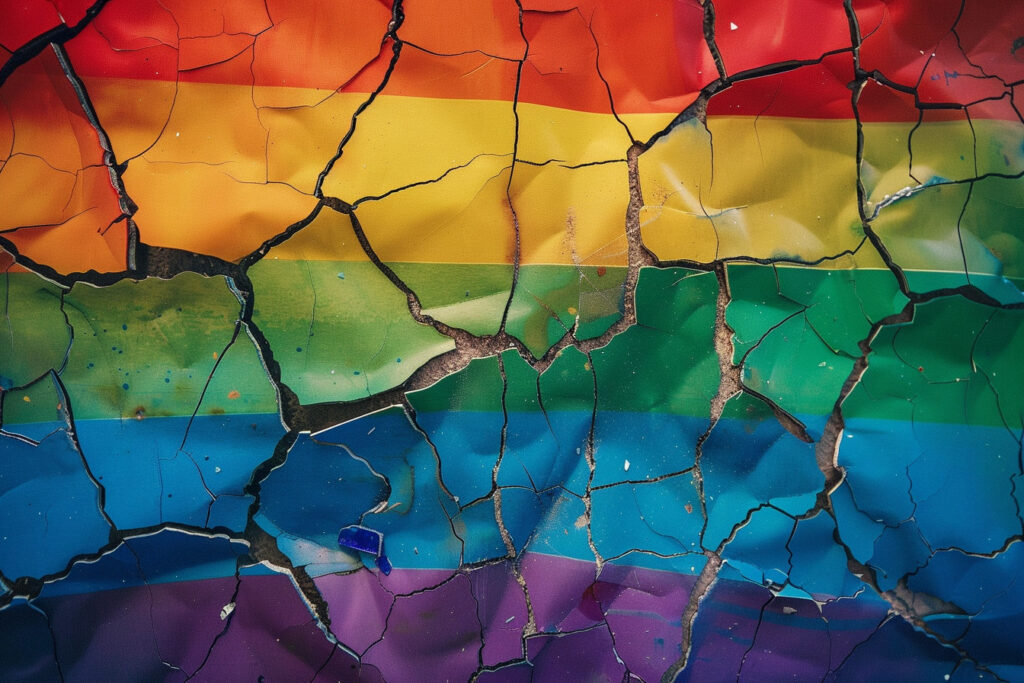“Oh my God, you’re gonna get gaybashed!”
That, more or less, was the response of my favorite Italian Market spice merchant when I told her where I was moving back in May.
I am pleased to report that so far, her fears have proved groundless.
The phrase “We are everywhere” has become something of a cliché, but truth to tell, many of us still don’t quite grasp all the implications of that truth. Here is one: We are managing to get along in neighborhoods that are far from LGBT Meccas.
Like Northeast Philadelphia, for instance. The vast in-city suburb does have its share of homophobes, to be sure; just ask Blaze Waters. But it also has its share of gay people as well. Who were those people coming to Blaze’s club, after all?
The difference between places like the Northeast and places like the Gayborhood may be simply that gay men and lesbians blend in more with the woodwork in those more suburban precincts. Consider my housemate, for instance. He has owned a home on a leafy street near Oxford Circle for many years now and gets along with his neighbors. But the subject of sexuality usually doesn’t come up in the conversations he has with them. Same goes for a gay neighbor of his on an adjacent block.
You could call this a “don’t ask, don’t tell” policy of sorts. But at the same time, there are LGBT people in neighborhoods like this one who do let people know who they are – like me, for instance, when I wear a PGMC polo shirt while walking around the neighborhood, or one young man I spied on the bus home late one weekend night.
What has happened, not only in Northeast Philly but in other suburban locales all over, is that homosexuality has become unremarkable for many. More people now simply don’t care much one way or the other who their neighbors love as long as they fit in well in other ways, and more of those who might keep their opinions to themselves if they object. Because of this, more gay men and lesbians find themselves becoming part of the fabric of communities not known for their welcoming nature and slowly, quietly, transforming them by their presence. These places may not be paradise, but they are no longer totally hostile territory.






